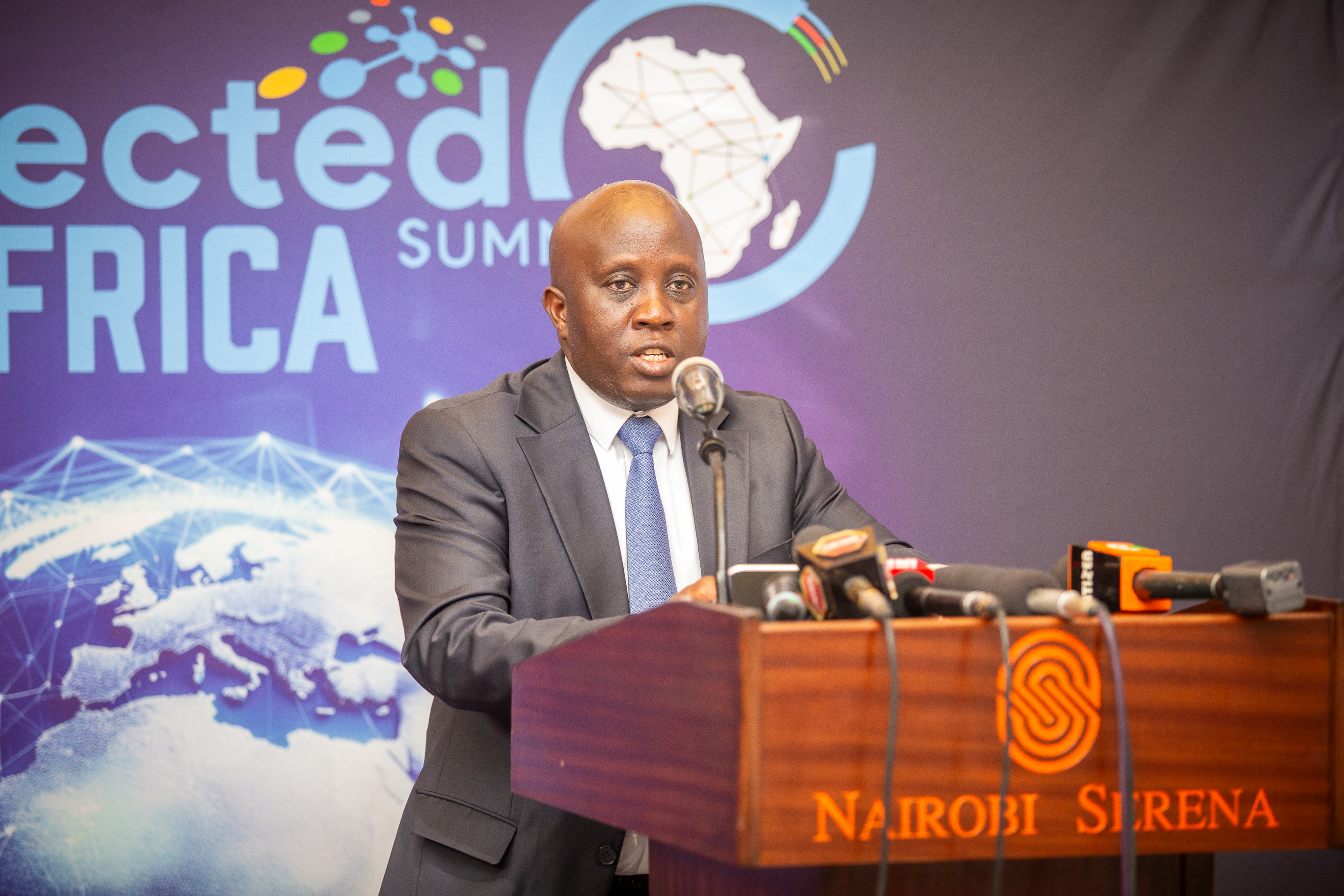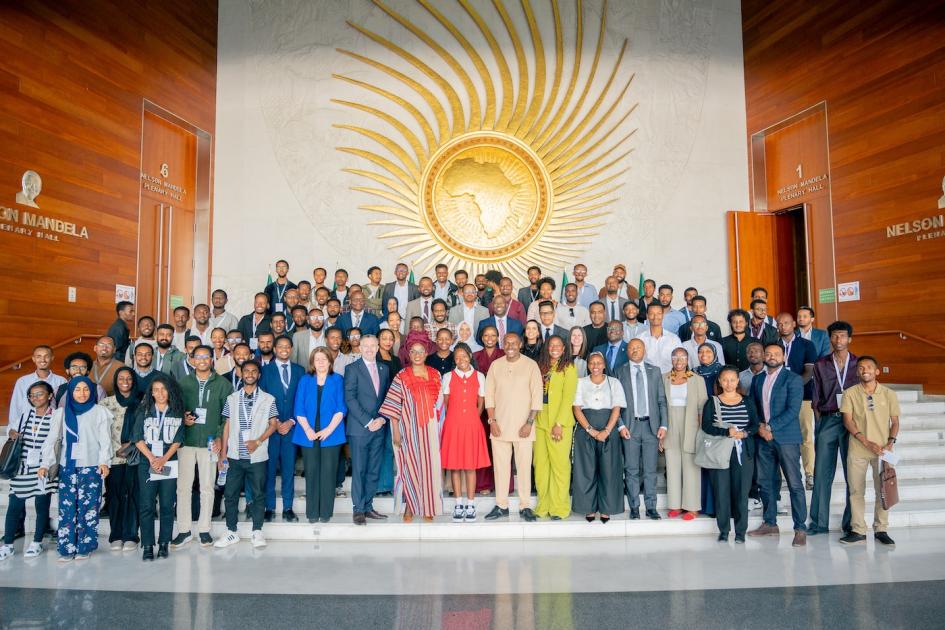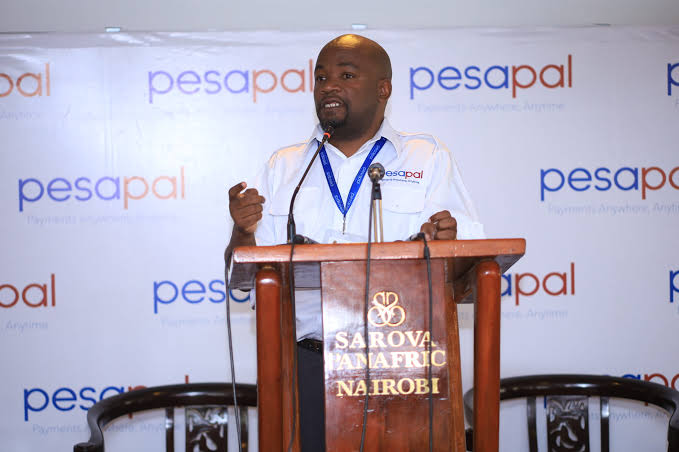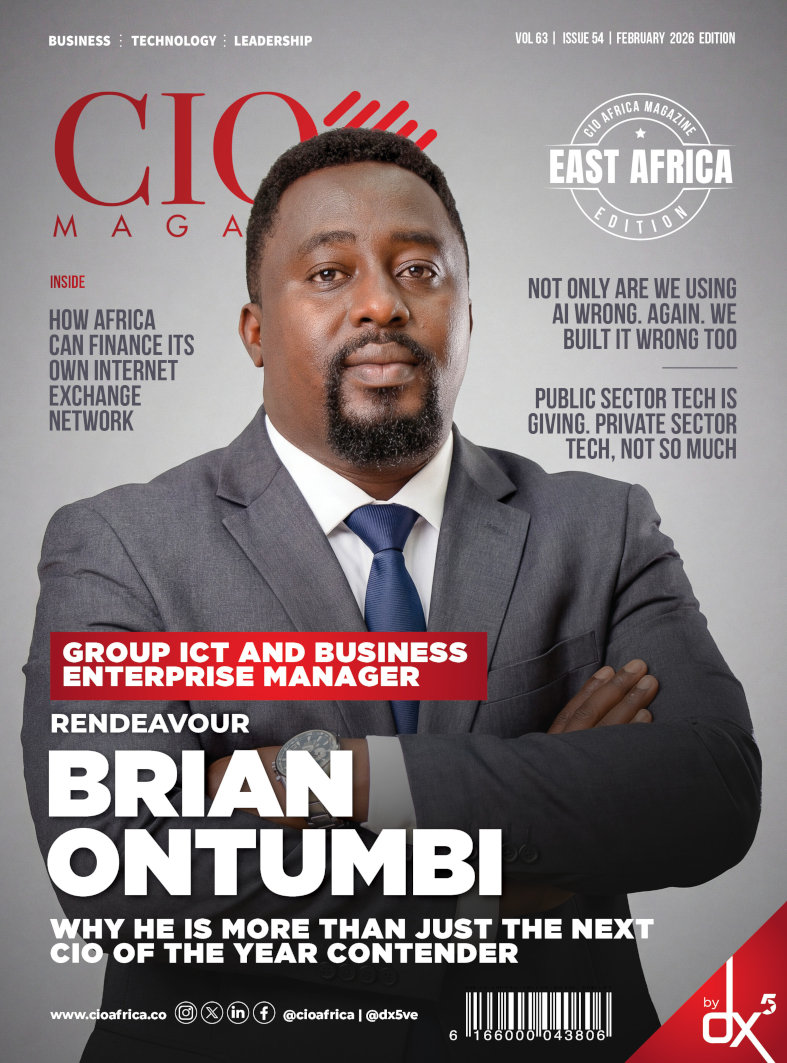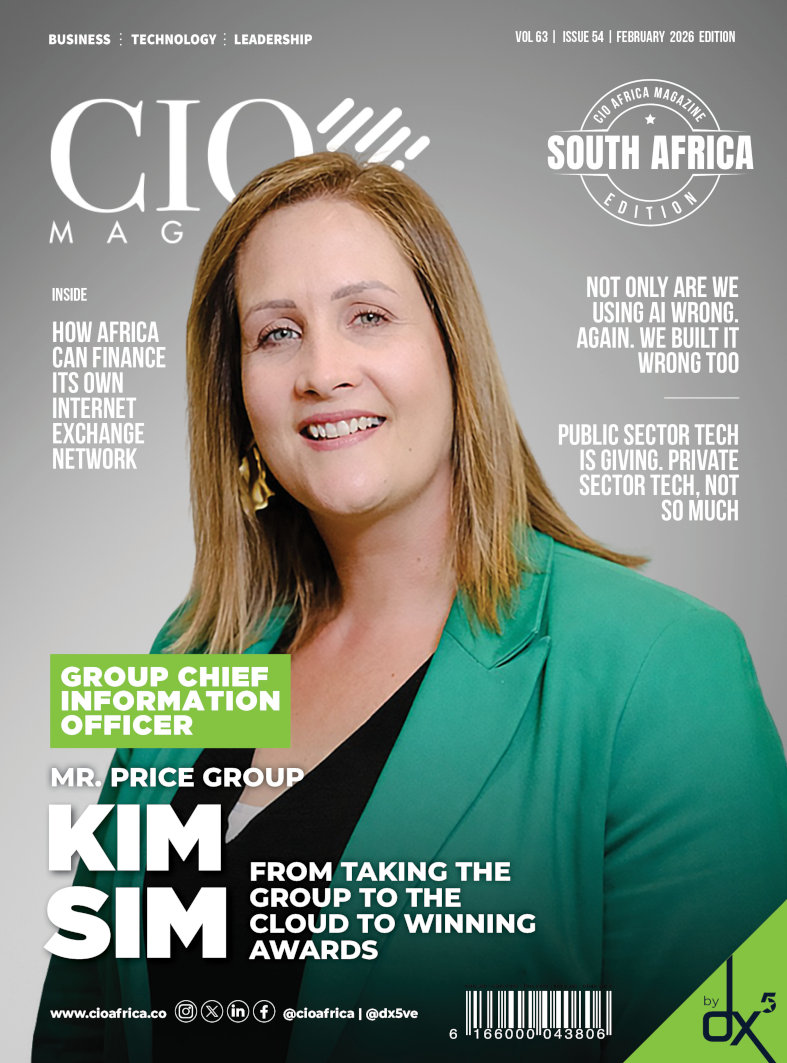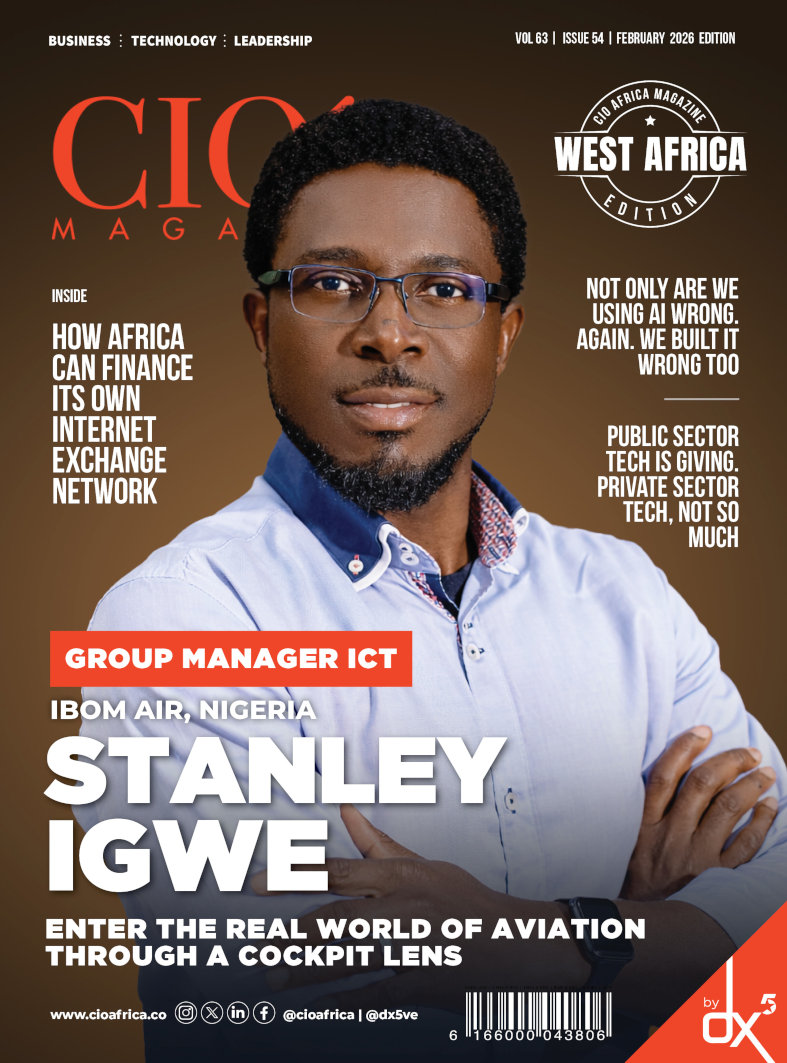top stories
advertisement
more top stories
Pesapal Announces Partnership With Drift Consult
Unilever, Google Cloud Ink Five-Year AI Partnership To Power Business Transformation
How Tech Can Save The Fashion Industry
advertisement
Visa Appoints Malak El Baba To Lead North Africa Region
How Banks Can Transform Compliance Through Technology
advertisement
Get the best of CIO delivered to your inbox. Sign up for our free newsletters.
Subscribe to the CIO Africa magazine
Get the digital or print edition of the CIO Africa magazine delivered straight to your inbox, office or home every time we publish
advertisement
LATEST MAGAZINE
The CIO Africa magazine is your source for the most current thinking on the pressing issues at the intersection of business, technology, and leadership. We work hard to bring you insightful articles and commentaries from leading minds across industries to help you stay on top of the trends shaping our world.
The February 2026 editions of CIO Africa magazine tackle digital infrastructure independence and AI implementation challenges across the continent. East Africa’s Brian Ontumbi (Rendeavour) demonstrates comprehensive ICT leadership in real estate, while South Africa’s Kim Sim (Mr. Price Group) showcases successful cloud transformation and award recognition, and West Africa’s Stanley Igwe (Ibom Air) offers aviation-specific technology insights. All three editions address critical continental issues: financing Africa’s own internet exchange networks for digital sovereignty, the compounding problems of poorly designed AI systems, and the paradox of public sector technology success amid private sector struggles — highlighting the need for strategic rethinking in Africa’s digital transformation approach.
